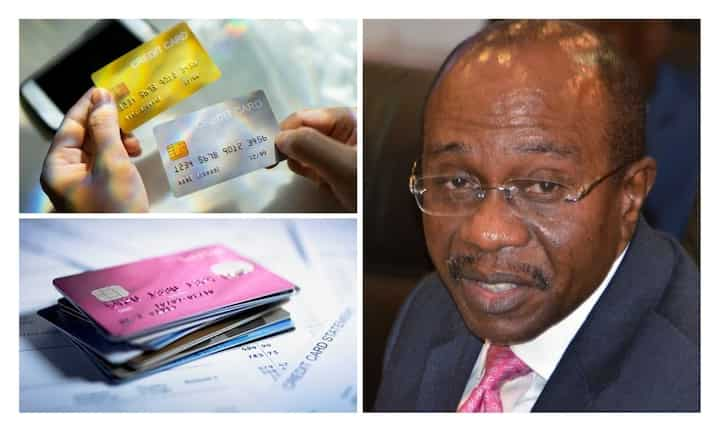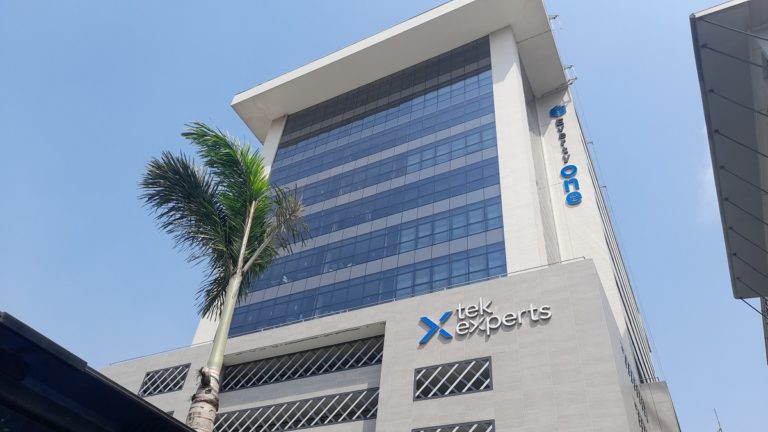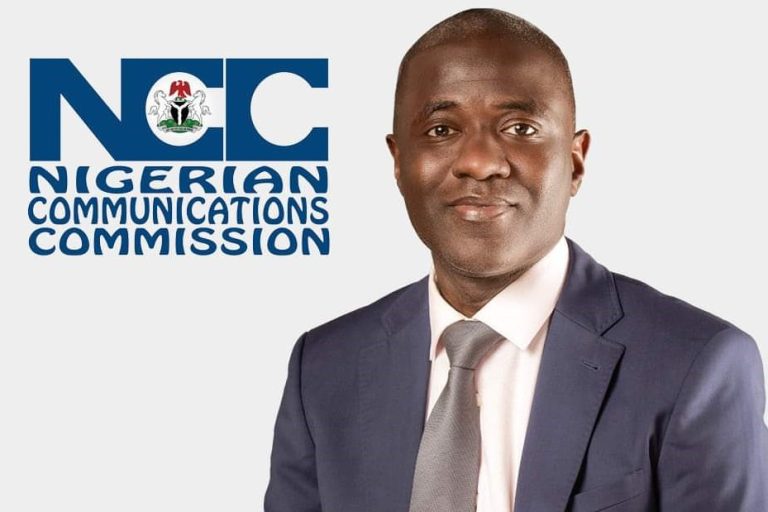Central Bank of Nigeria Launches AfriGo to Replace VISA and Mastercard

Nigeria’s central bank today carried out its plan to introduce the AfriGo national domestic card program.
The program, which was first unveiled at a Bankers’ Committee news conference in October 2022, involves the central bank in the market’s triopoly of card payment programs for Nigeria.
Godwin Emefiele, the governor of the Central Bank of Nigeria, claims that this initiative will promote financial inclusion and consolidate card financial data in Nigeria while also serving as a source of national pride for those who embrace it.
“The national domestic card gives us access to our data sovereignty. Second, it is less expensive, ” he stated.
Nigeria remains a sizable market for players in the card payments market, which is largely dominated by global players like Mastercard and Visa, with Verve by Interswitch trailing behind. The annual value of card transactions in the Nigeria cards and payments market will be capped at $18.2 billion in 2021.
To permit and facilitate cash transactions using debit and credit cards, these multinational corporations offer central payment networks that they link to debit and credit cards. Customers may then receive the cards from banks, financial institutions, or even retail establishments.
The CBN, in collaboration with the Nigeria Inter-Bank Settlement System (NIBSS), is positioning itself to disrupt and perhaps control a rapidly expanding market by ending the triopoly and launching a national card payment system.
The CBN attributes the success of its most recent push into fintech to decreased operating expenses and optimized foreign exchange use.
Emefiele stated, “At this time when foreign exchange issues are still present globally, it is crucial for me to say that we have developed this card to ensure that all online card transactions will now, with immediate effect, start to go on the Nigerian national domestic system.
“NIBSS and CBN will collaborate to ensure that only international transactions performed with Visa and Mastercards, as they are currently, are charged for foreign exchange. This is true since many of the credit cards we use now allow for foreign currency charges. He said, “However, with the introduction of the national domestic card, all domestic transactions are to be carried out on the national domestic card scheme.
Although this “homegrown” initiative is the first of its sort in Africa, other major economies like China, India, Brazil, and Turkey have taken a similar path. Due to its effectiveness, low cost, and policy support, Rupay, the government-backed card payment system, dominates the card business in India. To date, more than 600 million Rupay cards have been issued.
The NIBSS’s managing director and CEO, Mr. Premier Oiwoh, stated that the program was created to solve some of the industry’s unique problems and offer specialized, cutting-edge services.
Nigerians will be able to pay less for debit cards and the like if this program is as successful as Rupay was. However, the dependability and interoperability of the cards cannot be fully answered until they are put into use.
Speaking about how this decision would impede competition from international firms, Emefiele noted that the Nigerian market is enormous and that the current participants have changed the ecosystem significantly over the past 12 years. However, there is still a lot of ground to overcome because millions of Nigerians lack the necessary cards to complete transactions.
“I am certain that this will become a reality in the upcoming months thanks to the national domestic card program. The vast majority of Nigerians cannot longer be disregarded, he continued.
The NIBSS-affiliated company AfriGOpay Financial Services Limited (AFSL) is in charge of implementing and supervising the adoption of the national domestic card program.







